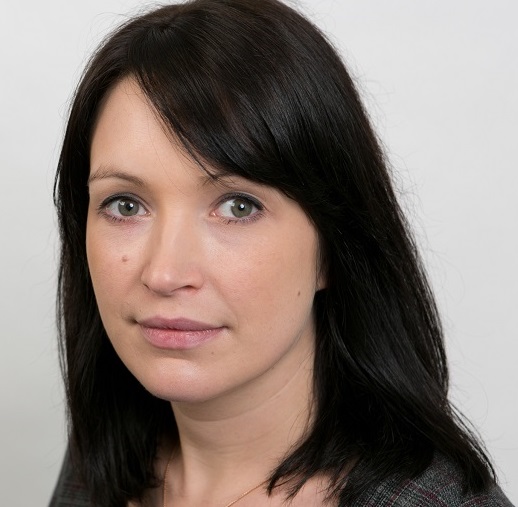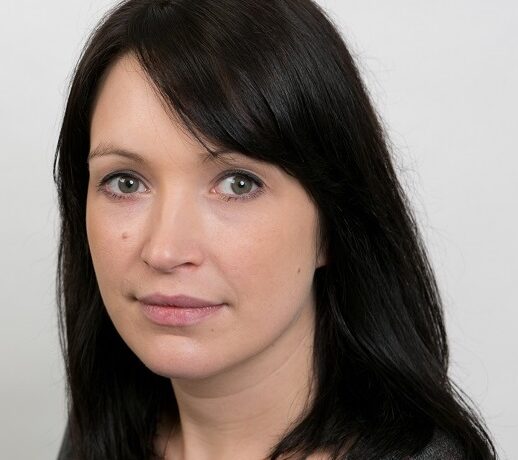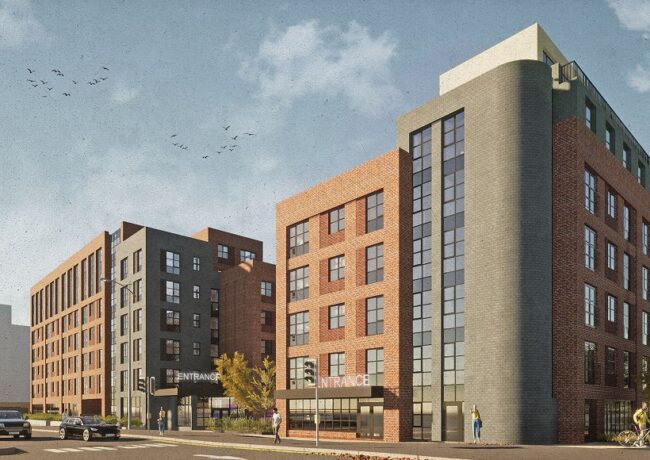COMMENT | How will national issues affect local election results?
 Next week we will see the first serious electoral contest played out under the Tory majority government. There are a variety of unusual factors in play on the national stage, from maiden electoral battles for new party leaders, Jeremy Corbyn and Tim Farron, to the fractious and unpredictable impacts of the EU referendum debate which hangs over the campaign. It’s worth looking at what this relatively volatile national picture might mean for results in the North West, writes Rebecca Eatwell of PPS North.
Next week we will see the first serious electoral contest played out under the Tory majority government. There are a variety of unusual factors in play on the national stage, from maiden electoral battles for new party leaders, Jeremy Corbyn and Tim Farron, to the fractious and unpredictable impacts of the EU referendum debate which hangs over the campaign. It’s worth looking at what this relatively volatile national picture might mean for results in the North West, writes Rebecca Eatwell of PPS North.
Firstly, it’s worth noting that expectation management is reaching new levels. Labour’s campaign chief Jon Trickett, has claimed that any advance on Labour’s dismal polling at the General Election will constitute a success, while former leadership candidate Liz Kendall MP has given the party an ambitious target of 400 new Councillors.
On the Government side, a Budget seen by many in the North as unfair, party infighting and the resignation of Iain Duncan-Smith has left Conservatives in the North West privately admitting they will be happy to maintain the status quo.
A surprising number of these self-inflicted wounds may well hamper the Conservatives’ performance around the region. After Downing Street issued four successive statements which failed to clarify David Cameron’s tax affairs, the Prime Minister’s personal approval ratings dropped below Jeremy Corbyn’s for the first time. Perhaps unsurprisingly, in the North the picture is even worse for Cameron, with a net rating of -36 (against -24 nationally).
The EU referendum debate is clearly another thorn in the Conservative leadership’s side as they try to coordinate fiercely contested election fights in authorities across the region. While much of the debate has centred on national and international issues, the constant show of disunity may affect campaigning on the ground.
There are local authorities in the region where these factors could play a role. In Conservative Trafford, the ruling group should be confident of retaining control, but the relatively slim majority of three seats combined with a difficult national picture could affect the chances of any gains.
In Liberal Democrat Stockport, the Council has had to deal with some well-publicised difficulties, with Councillor resignations and accusations of ‘hush money’ over the proposed move of the marketplace. This should all create an opportunity for both Labour and the Conservatives, snapping at the heels of the Lib Dem group’s fragile control of the council. However, the national struggles of both opposition parties may see their advances checked.
We’re also yet to see if the focus on Europe might lead to gains for UKIP at the expense of both the major parties. With the Eurosceptic outfit scoring second place in many Council wards in 2015 – including 17 in Wigan, 14 in Rochdale and 12 in Oldham – along with a consistently strong showing in opinion polls, they will definitely hope to make gains, although these Labour strongholds won’t be at risk of a change in control.
As neither the Tories nor Labour seem to be making a great deal of headway nationally, local factors are likely to come into play. But the national picture is ever-present, pushing the debate in different directions with scandals, resignations and headline-grabbing polls – though perhaps one thing we should have learned from May last year is to take pollsters’ pronouncements with a pinch of salt.
 Rebecca Eatwell is deputy managing director of communications consultancy, PPS North
Rebecca Eatwell is deputy managing director of communications consultancy, PPS North




